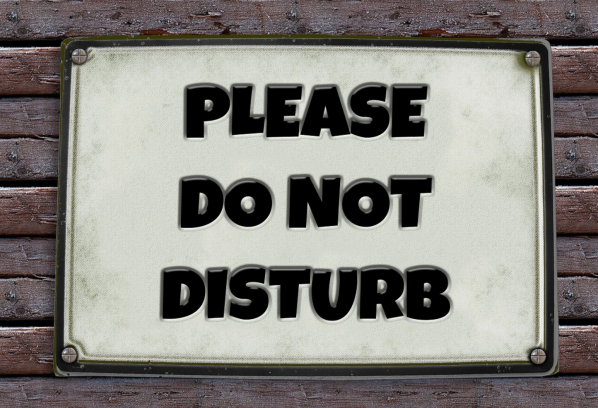by Raven Walker
Lately I have been feeling more distracted in general. Perhaps I could attribute my distractions to the looming exam week that faces us. I remember when we had a big snow around finals one year in undergrad, and it was such a difficult time for everyone to take exams. Now that we are in the middle of a pandemic, I wonder how everyone will fare during this upcoming finals season? I know that I have papers and final projects, what I typically do for finals, but what about those individuals that are expected to take long-form, traditional exams? These are just some of the thoughts that I am encountering while working with students, specifically undergrads, during this week and the past few.
In one of my sessions yesterday, I found myself having to encourage a student on their thesis. During our time working together, the student expressed that they were feeling insecure about what they had written so far. I had been in this position myself a year or so ago, when I was about to defend my own thesis. This student had initially planned to do this in person but is now having to come to terms with defending this over Zoom, an unexpected transition. A good amount of our session was dedicated to having a conversation about this student's insecurities, something that I did not expect to encounter during my day at work.
After this session, I definitely was emotionally spent. I had just spent a good 15 minutes giving this student a pep talk on her thesis. Then I started to think about my own work, as well as my own insecurities. If only I could listen to what I had said to the student, and take my own advice to heart. I think that we need to be mindful of ourselves during these times, as well as our own emotions. While our clients are struggling, we are too. We can help others, but we also must help ourselves.What does this look like in a time of crisis? What resources are available to students during the pandemic to aid in coping? It is hard to expect students to be 100% focused on their assignments given the circumstances.
Appalachian State University’s Counseling Center is still in operation, providing students with appropriate mental health resources. However, not every student feels as though their situation requires therapy or counseling. How can we, as tutors, help students then? It is not our responsibility to heal students of their insecurities, but we can help alleviate stress by providing an open ear for listening and strategies for improving the writing process.
Writing is by no means an easy activity. It takes mental focus and planning, which are not necessarily accessible for every client. Students are back home with parents, raising their own children, or could even be left without a stable residence. These changes detrimentally impact the ways in which students can approach their own work. During these times I have found myself resorting back to those tutoring strategies that can change the way a client thinks of their writing process as a whole. Back to my emotional session with the student working on their thesis, it was vital that I took a moment to remind the client that this was their thesis. They were in charge of this writing process, and it was their work to feel proud of. In this case, the student had set expectations for themselves, which they were concerned about meeting.
Not each client will be concerned with their own self-expectations; for example, there was a session with an older student who was at home with her young children. During the session, her children interrupted her multiple times, but even with these barriers, the client was eager and receptive to my feedback. I definitely felt compassion towards this client in particular. It must be difficult to get work completed when you are at home with your children and they think it is fun to throw toys at you while you are in a zoom meeting. I imagined what it must be like to be in her position, and honestly do not think that I could handle it.
This is the underlying theme, that we must have compassion with clients or students that we work with, but also for ourselves. Tutors and teachers alike are on the front lines of education during the coronavirus. We are who students interact with the most, meaning the probability of us encountering insecurities is high. While acting as compassionate listeners we must be mindful of our own selves. There are activities that can be done during the day at work that act as ways to incorporate mindfulness:
Mindful breathing
Mindful observation
Mindful awareness
Mindful listening
Mindful immersion
Mindful appreciation
Through these simple activities, students and those who interact with them can implement those necessary times of silence and peace.

